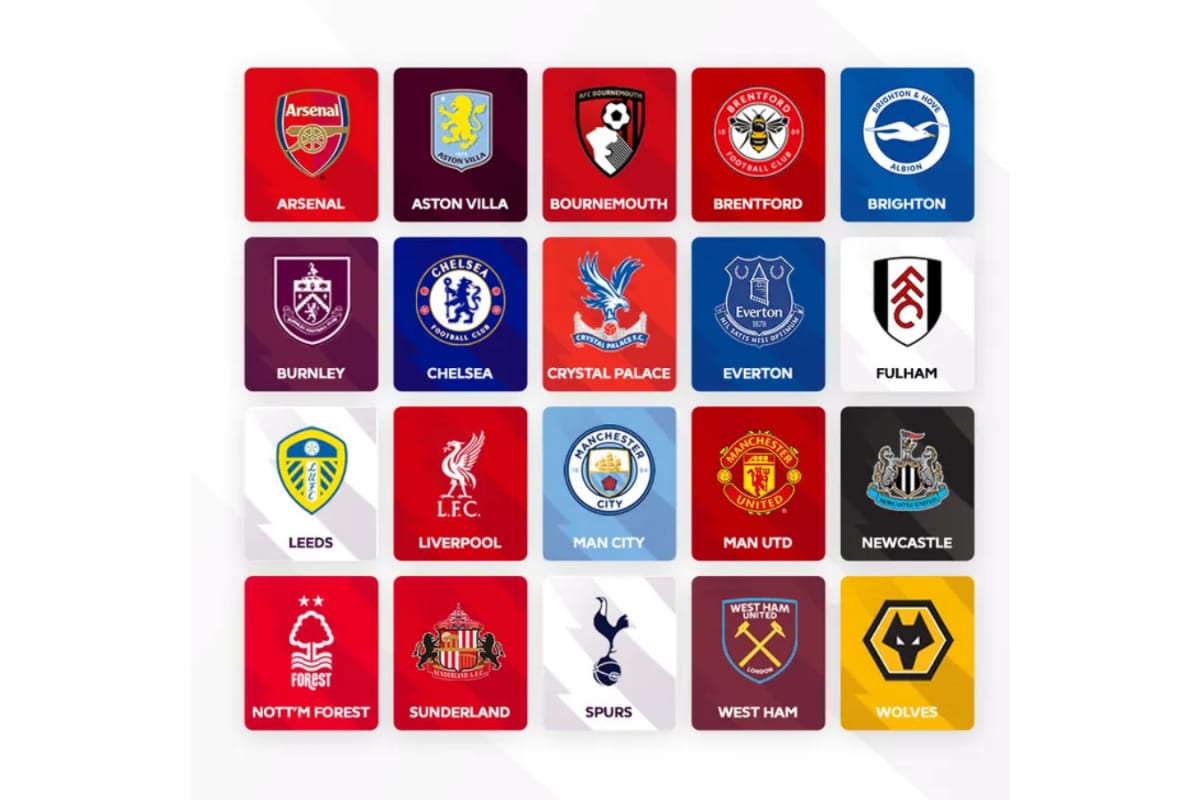

Daniel Levy's departure from Tottenham Hotspur after 25 years at the helm marks the end of an era, one defined by significant financial success but also persistent criticism regarding the club's lack of silverware. While clubs like Manchester United, Liverpool and Chelsea often dominate headlines with their high-profile signings and global appeal, it is Tottenham that quietly emerged as the Premier League's most profitable club during Levy's tenure.
Levy, who stepped down on September 4, 2025, after discussions with the Lewis family, the major shareholders of ENIC, leaves behind a complex legacy. His supporters point to the club's transformation into a global brand, the construction of a state-of-the-art stadium, and consistent participation in European football. Critics, however, highlight the lack of trophies and a perceived reluctance to invest aggressively in the squad.
Under Levy's leadership, Tottenham's revenue increased more than tenfold, from £48 million per year when he took over in 2001 to £528 million in the 2023-24 season. This financial growth was achieved while simultaneously reducing the wage-to-revenue ratio from 52% to 42%, frequently the lowest in the Premier League. According to financial expert Kieran Maguire, Tottenham earned £167 million under Levy's leadership, exceeding the profit of any other club by £65 million; Brighton, in second place, earned £102 million. In contrast, Chelsea recorded a staggering deficit of £1.257 billion due to heavy spending under Roman Abramovich and Todd Boehly.
Levy's financial acumen allowed Tottenham to build one of the most modern stadiums in the world, a facility that generates revenue through NFL games, rugby matches, concerts, and other events. This "diversified income strategy" was crucial in maintaining the club's financial stability, particularly after failing to qualify for Europe in some seasons. However, the cost of the new stadium, estimated at over £1 billion, placed constraints on spending in other areas, leading to fan frustration.
Despite the financial success, Tottenham's trophy cabinet remained relatively bare under Levy's leadership. The club won the League Cup in 2008 and the Europa League last season. While Tottenham reached 16 semi-finals and seven finals, twice finished third in the league and once second, they often fell short of ultimate glory. This led to criticism that Levy's cautious approach in the transfer market hindered the club's ability to compete for major honors.
The £85 million fee received for Gareth Bale's transfer to Real Madrid in 2013 was not reinvested effectively, further fueling the perception that Levy prioritized financial stability over on-field success. In recent years, there were protests from fans demanding his resignation. Banners at the Tottenham Hotspur Stadium declared, "Our game is about glory, Levy's game is about greed" and "24 years, 16 managers, 1 trophy – time for change".
Now, with Levy's departure, Tottenham has the opportunity to rethink its policies and pursue new strategies to achieve sporting success. The club has a new CEO, Vinai Venkatesham, formerly of Arsenal. Whether the structures Levy built will finally deliver the success that has eluded Tottenham for so long remains to be seen.